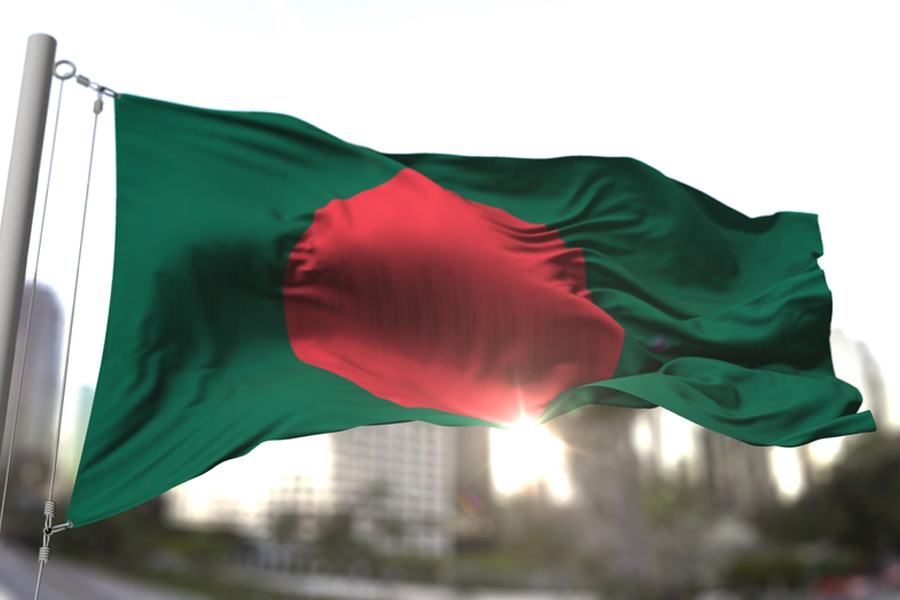Even as Bangladesh prepares for national elections in February, sections of its political class are demanding an urgent referendum on the so-called July National Charter of political reforms to make those legally binding. The Jamaat-e-Islami, one of the country’s major political forces, demanded this week that a referendum on the Charter should precede the elections. On Thursday, the country’s interim leader, the Nobel laureate, Muhammad Yunus, promised that the referendum would be held alongside the election. Whether it takes place before or along with the election, the very idea of a critical referendum being held under the auspices of an unelected government should raise concerns among supporters of a strong democracy in Bangladesh. That is especially so because of the ongoing debate over just how inclusive the upcoming elections will be, with the Awami League, the party of the ousted prime minister, Sheikh Hasina, currently barred from participating in the polls. While it is undeniable that Bangladesh’s security forces carried out human rights excesses under Ms Hasina’s rule, especially during the protests against her government last year, it is also impossible to ignore that the Awami League represents the political choice of millions of Bangladeshis. A referendum and an election that ignore that fact will always lack legitimacy in the eyes of many in that country.
Some of the provisions of the July Charter also deserve a closer look. The provision, for instance, to strengthen the powers of the president over the prime minister in effect weakens the voice of voters in a parliamentary system like the one that Bangladesh has. It also risks creating multiple power centres instead of endorsing a unified government. The Charter proposes term limits for legislators, another proposal that runs counter to the Westminster model of democracy that Bangladesh follows. Before embarking on a referendum on the Charter, Bangladesh needs an appraisal of the past 15 months, reviewing both successes and shortcomings. Independent rights groups, for instance, are warning that extrajudicial killings and enforced disappearances that had become commonplace in the final years of Ms Hasina’s rule have continued under Mr Yunus. The institutions, including security agencies, that abused their power to mistreat ordinary civilians remain largely untouched. On Monday, a tribunal is scheduled to announce its verdict on charges against Ms Hasina that she carried out crimes against humanity. But while all leaders must be held accountable for their actions, it is the institutions of Bangladesh’s State that need an overhaul. A referendum alone will not do that.










